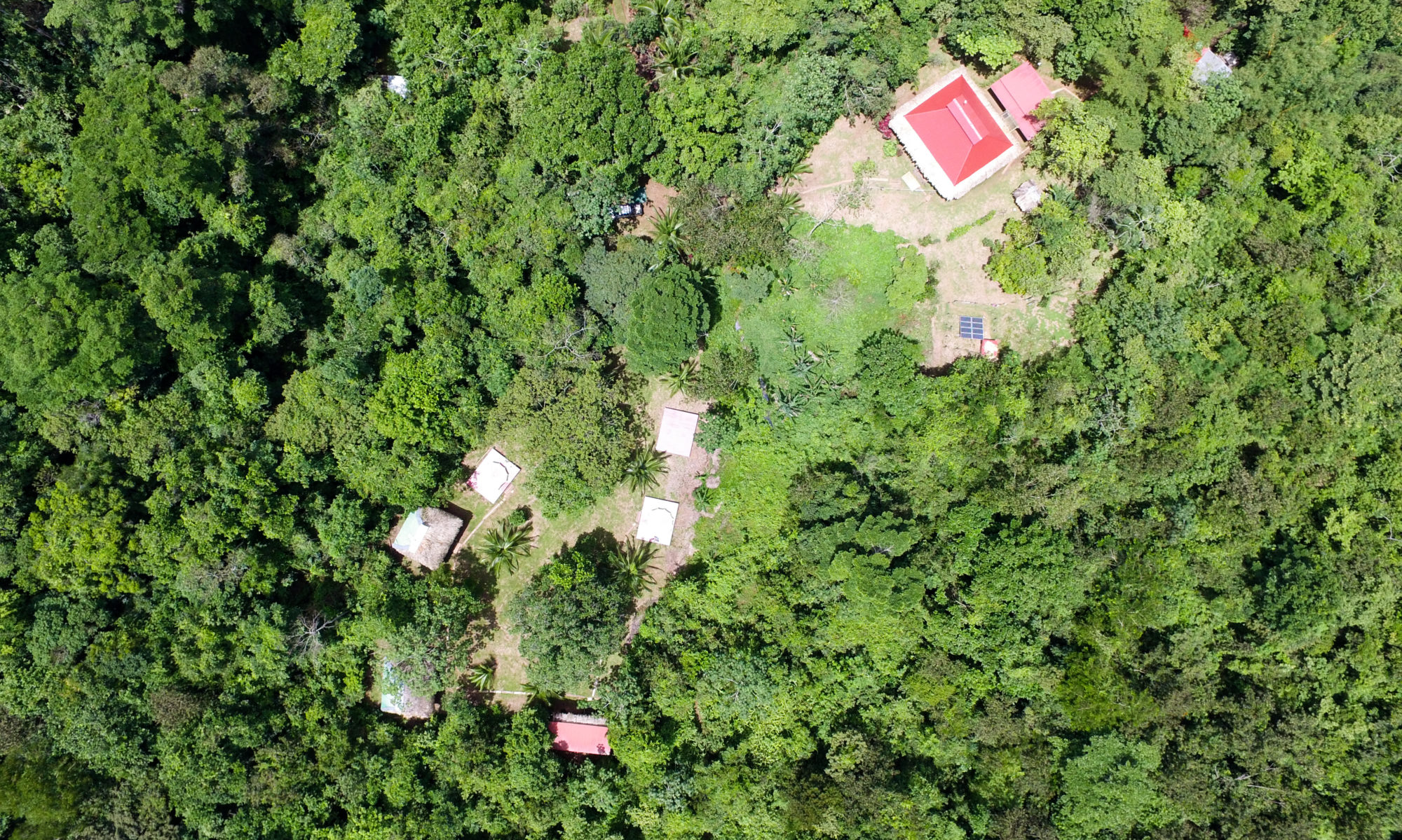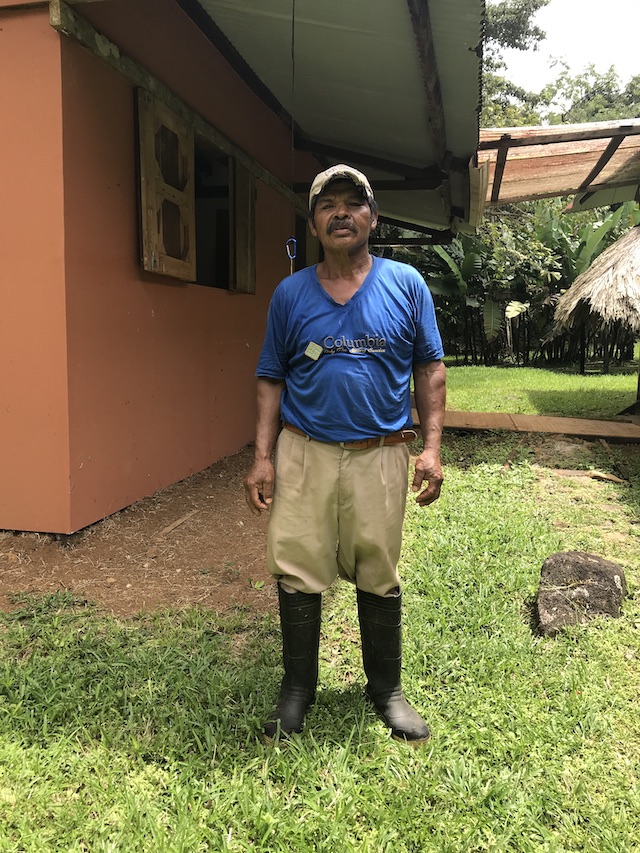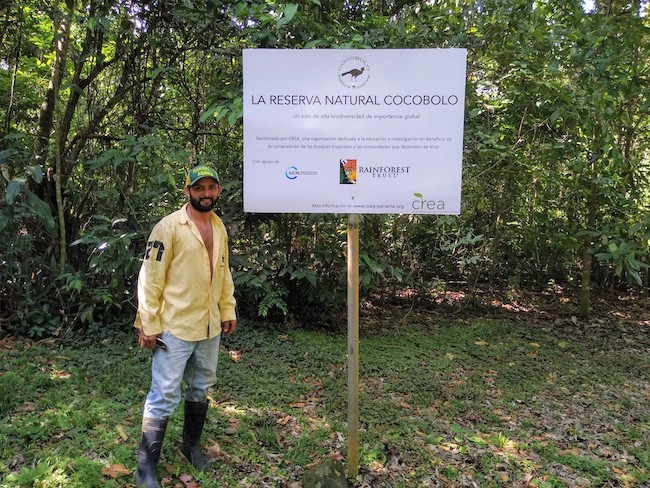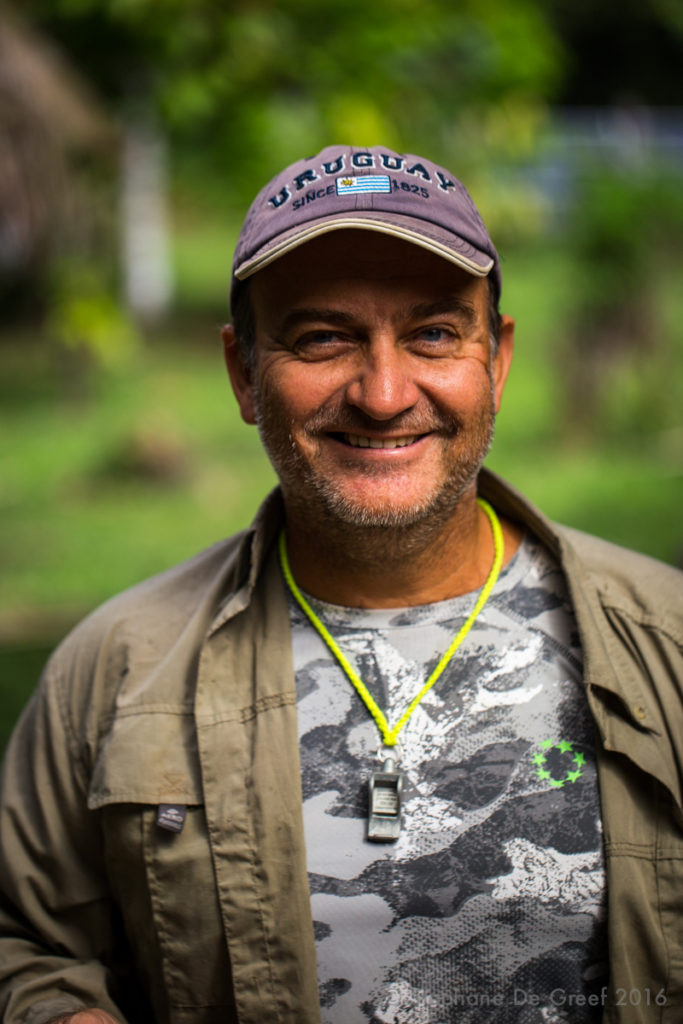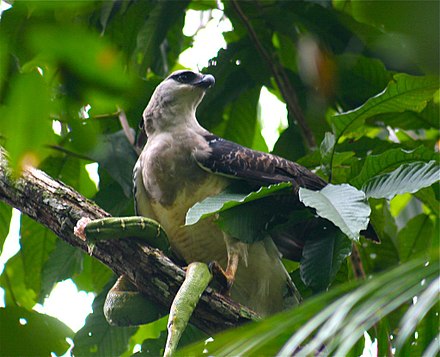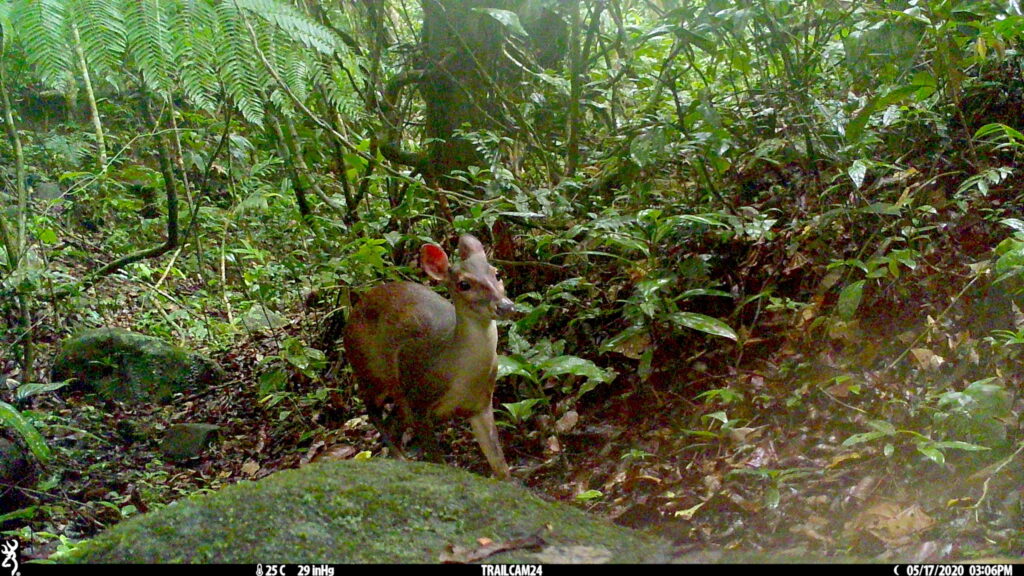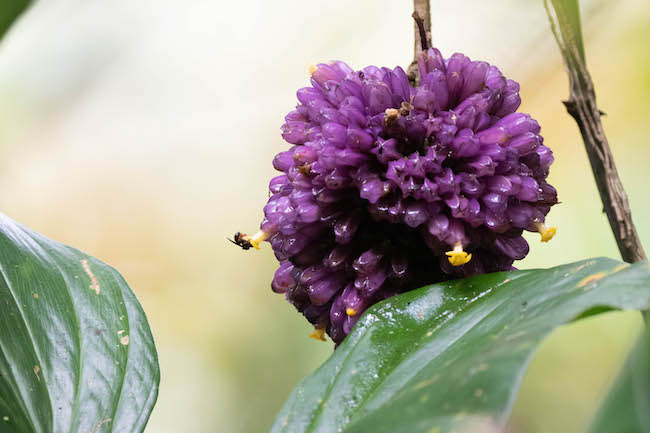Dear supporter,
We bring you this newsletter after over a year. It has been a testing and hard year but we have news and a special ask.
COVID-19 and impact on endangered species
COVID-19 has impacted everybody’s lives. Our hearts go out to all of those who have lost loved ones or who themselves have suffered first hand from the disease. And then there are the business that have gone “out of business” from the economic fall out from it. One can’t deny that no matter who you are or where you live COVID has had a major impact. The virus itself is human specific, with the odd exception, so why may you ask does COVID have anything to do with the conservation of endangered species?
Due to covid travel restrictions researchers and external staff have not been able to visit or host any group trips to the reserve since February 2020. This has had dire consequences for CREA.
Throughout the pandemic CREA has maintained its local Panamanian staff who work at the reserve and they have worked heroically to maintain the field station, monitor and patrol the borders and to maintain constant contact with external staff and board members. However, we had not until recently been able to undertake critical repairs to the field station (which is in constant need due to the harsh environment), continue with our wildlife monitoring (especially for the endangered harlequin toad and large cats) nor support our local communities. Hence COVID has had a direct impact on our ability to undertake our crucial conservation work. These activities are critical to the success of Cocobolo Nature Reserve as a model conservation area that practices continuous data driven management that allows us to adapt to the ever changing environmental and social environment.
Unfortunately, the elephant in the room (or should that be a crested eagle?), is that CREA has not been able to earn income for basic operations including those for the Cocobolo Nature Reserve. Our most basic needs are to cover local staff salaries, running vehicles, maintaining the field station and general operations. For the first time CREA is putting together a donation campaign to support Cocobolo Nature Reserve and its field station so that we can continue to teach the next generation about the importance of tropical rainforests and conserve and protect the incredible animals and plants that call this home. We very much hope that you will join us in recognising the value of this special place and our mission by contributing what you can afford as a one off, or even better, becoming a sustaining member through a monthly contribution. Please see the end of this newsletter to find out how to make a donation.
CREA collaborates with Rainforest Trust
CREA created the Cocobolo Nature Reserve 16 years ago. Michael Roy, CREA’s founder, put the money together to save the forest and soon after the IUCN Netherlands helped CREA buy an important piece of land to connect it to primary forest that extends up to the central divide.
Since then CREA has had management agreements and hoped to continue to purchase valuable habitat and extend the reserve under CREA management. Through a grant from the Rainforest Trust, CREA has now been able to buy over 300ha of the upper slope up to the central divide (which connects to the Narganá, Guna Reserve) and include it officially within the Cocobolo Nature Reserve that is managed by CREA. We are of course delighted with this partnership and thank Rainforest Trust for their support.
Through this grant we were also able to purchase some more No Trespassing signs, shore up and add new fencing on some border areas, and get funding to bring in the Panamanian Eco-Police to spend time with us at Cocobolo and in the Mamoní valley on a mission to patrol the reserve looking for any signs of poaching or trespassing and help communicate to the local communities that Cocobolo Nature Reserve is officially recognized by the government of Panama as a protected natural area of high conservation importance.
This year Rainforest Trust supported our efforts a second time, providing another generous grant from their emergency COVID relief fund to support a portion of our critical operating costs at Cocobolo for 2021. This money is directed toward our very basic needs that will keep the field station and reserve functioning and get us closer to bridging the gap until students return in 2022 and resume earning the income we so badly need to keep going.
Rainforest Trust has really stepped up this year to keep CREA afloat, but they cannot and have not done it all; we are still in immediate need of funding to keep Cocobolo operating and get through this crisis.
Sightings
Although we were not been able to do any camera trapping, bird or amphibian surveys for almost a year, we began again in earnest in March 2021. The most exciting news is that Kurt Niznik and Michael Roy saw first hand a Crested Eagle no further than 30m away perched in the low branches of a large tree. For those of you that don’t know this species I recommend you look it up. It is a magnificent eagle, only second in size to a Harpy Eagle, but with a single crest and a few other distinguishing features.
It is a magnificent eagle, only second in size to a Harpy Eagle, but with a single crest and a few other distinguishing features. This record is truly exciting since Crested Eagles, like the Harpy, have been persecuted and lost much of their former habitat and for that reason are considered vulnerable to extinction. We very much hope that this particular individual will call Cocobolo Nature Reserve home and bring his/her mate along too.
We have also seen through our virtual eyes (camera traps) the continued presence of jaguars and pumas, two of the larger cats that are persecuted and threatened, as well as ocelots (a video was shared on our social media of one apparently fishing) and jaguarundis. As the forest around the field station matures we are seeing more of these larger mammals, including brocket deer and collared peccary with the latter entering the garden of the field station. We have also seen a multitude of Curassows with large flocks of males and females.
But wait….what about plants? Yes you may well ask, we have been guilty of being animal centric in these posts. It is not, however, because we don’t like plants, it’s because we are not botanists and plants in the neotropics are notoriously hard to identify! I know a bad excuse but to remedy this, and thanks to the Rainforest Trust grant, we have hired a local botanist to help us with an inventory.
This is a huge undertaking and so this first phase is a general survey. Many interesting discoveries have already been made including the presence of Zamia sp. an ancient cycad known only from a few isolated pockets in Panama a forest pine and a tomato like vine…..more as data comes to light.
Finally, a special message
If you made it to here you’ll understand that CREA is working hard to protect important tropical habitat for endangered species and be ready to open its doors to students in 2022. However, in order to do that we have to continue paying local staff, run and maintain a vehicle, undertake repairs and maintenance to buildings and cover general operating costs even while we are not generating revenue.
It’s not easy for us to be in a position to ask, but this time we have to, because we really need it. Please donate to our COVID relief campaign to allow CREA and Cocobolo to continue its mission through this difficult time.
Contribute a minimum of $60 and receive a signed fine print photograph taken at Cocobolo Nature Reserve by Clay Bolt
Contribute to our gofundme COVID campaign here. Our goal is $10,000 to get us to the end of the year.
If you are interested in becoming a sustaining member and receive a Clay Bolt photograph follow this link.
CREA is a registered Panamanian and US (501c3) non-profit organisation and all donations are tax deductible.
Link to our social media
Use the handle @cocobolonature to see our posts on instagram, facebook and twitter.
This newsletter can also be seen on our web page @ www.crea-panama.org/blog/
